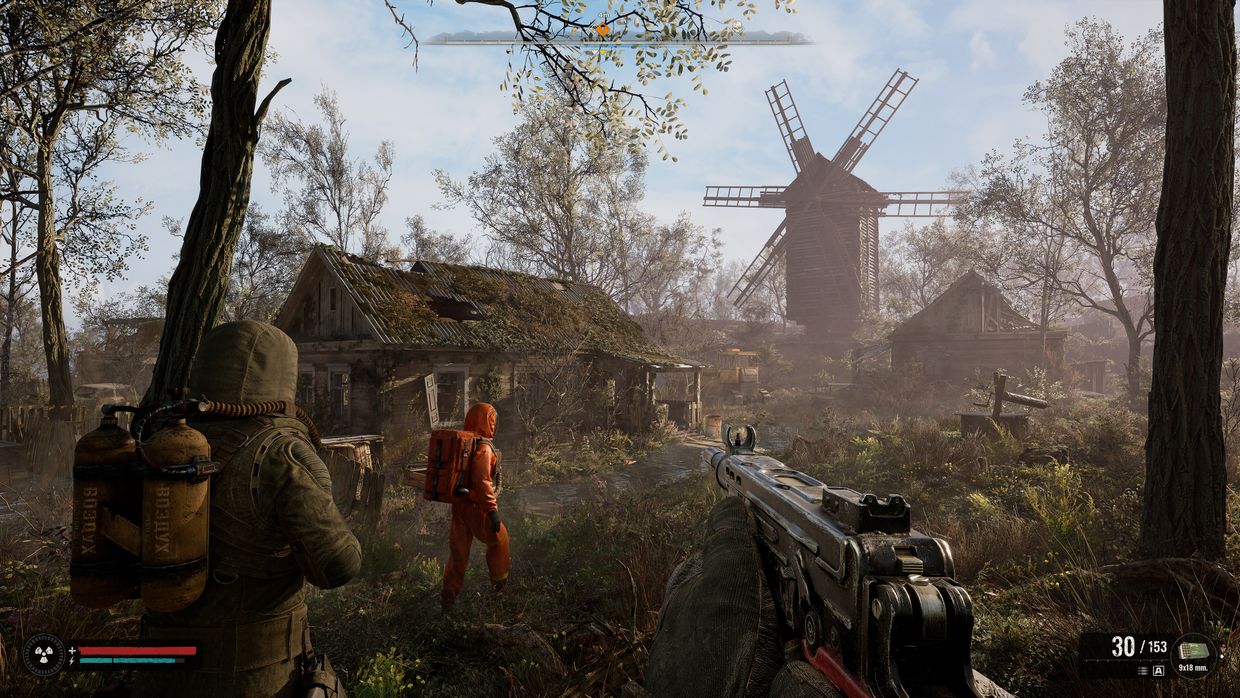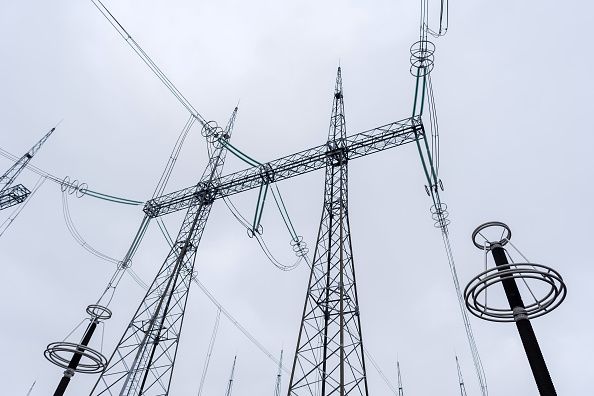
Ukraine state-owned enterprises weekly — Issue 156
Editor’s Note: This is issue 156 of Ukrainian State-Owned Enterprises Weekly, covering events from Nov. 25 – Dec. 1, 2024. The Kyiv Independent is reposting it with permission.
Corporate governance of SOEs
The Cabinet approves the state ownership policy, a key document for SOEs’ corporate governance. On Nov. 29, the Economy Ministry reported that the Cabinet of Ministers approved the state ownership policy designed to enhance state asset management.
The state ownership policy was not publicly available at the time of writing.
The document is pivotal for implementing the provisions of Law No. 3587-IX, which enhances SOE governance taking into account OECD Guidelines on Corporate Governance of State-Owned Enterprises. The Economy Ministry has been developing the policy over the past nine months since the law was enacted, the ministry said.
Three and half years ago (Issue 36), we reported that the Verkhovna Rada approved Draft Law No. 5593-d in the first reading on July 15, 2021. The draft law was aimed at aligning the SOE corporate governance framework with the OECD SOE Guidelines.
On Feb. 22, the Verkhovna Rada passed the second reading of that draft law (see our Issue 120.) On March 5, President Volodymyr Zelensky signed the law into Law No. 3587-IX (see Issue 122).
For detail on the improved legal framework for SOEs introduced by the law, see Issues 120 and 122.
Yuliia Svyrydenko, first deputy prime minister and economy minister, said that the state ownership policy defines the role of the state in managing SOEs, specifies which companies are strategic for the country and what tasks they should perform, and introduces advanced corporate governance standards in the state-owned sector.
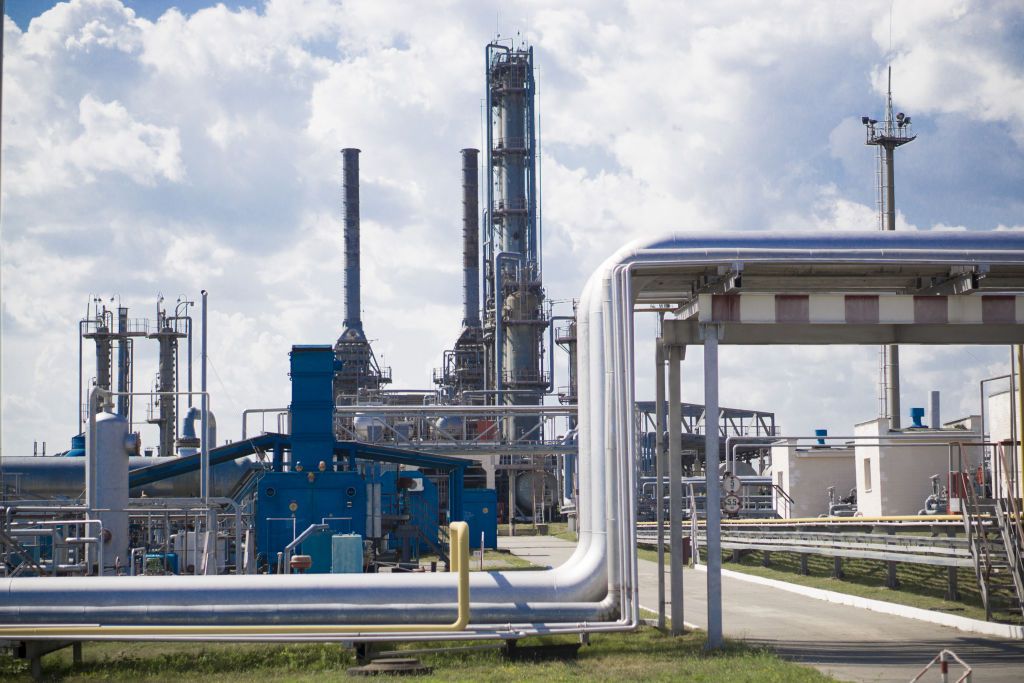

“Alongside this document, for the first time in Ukraine, a clear and transparent remuneration policy for СEOs and supervisory board members of SOEs, as well as a dividend policy, are being introduced,” Svyrydenko added.
According to the Economy Ministry, the state ownership policy provides for:
- a clear definition of the sectors of the economy in which the state should maintain its presence;
- optimization of the state asset portfolio — this means privatization or liquidation of SOEs that are not strategically important for the state;
- implementation of modern corporate governance standards based on OECD SOE Guidelines, which, among other things, involves the establishment of independent supervisory boards;
- criteria for the mandatory establishment of supervisory boards;
- plans to improve efficiency, as well as preserve and increase asset value;
- rules for reporting and goal setting for SOEs; and
- rules for governance and distribution of functions and powers between state bodies and SOEs.
The adoption of the state property policy is one of the indicators under the Ukraine Facility and a structural benchmark under the IMF Memorandum.
The next steps will be to do a triage, that is, to sort SOEs into those that would remain state-owned, privatized, or liquidated; form supervisory boards at SOEs where this is mandatory; and delineate SOEs’ “special obligations," the ministry added.
The Cabinet approved four new independent members of Ukrenergo’s supervisory board, the company’s press office reported on Nov. 27.
The candidate search was done by Korn Ferry, a global executive search firm. The candidate profiles aimed at competencies required to address the company’s current challenges and implement its strategy, Ukrenergo also explained.
The four new independent members of the supervisory board are:
- Patrick Roland Graichen (Germany) — a European expert on climate and energy issues. Graichen previously served as State Secretary at Germany’s Federal Ministry for Environment and Climate Protection. Prior to that, he headed Agora Energy Transition, a European think tank, for ten years.
- Luigi de Francisci (Italy) — he was responsible for regulatory issues at Italian Terna, Europe's largest independent electricity transmission system operator. De Francisci also served as Vice President of Montenegro’s gas transmission system operator CGES and was a member of the ENTSO-E board for more than six years. Note that he had already served as an independent member of Ukrenergo’s supervisory board from 2019 to 2021.
- Jeppe Sebastian Kofod (Denmark) — a European politician and expert in energy and security issues. He served as foreign affairs minister Denmark from 2018 to 2022, as well as a member of the European Parliament and the Danish Parliament. Ukrenergo said that Kofod has over 25 years of experience in EU diplomacy, a thorough understanding of energy markets and regulations, and an extensive international and European network.
- Jan Henrik Montell (Finland) — current executive board member at Linnoituksen Voima Oy, a Finnish electricity transmission and distribution company. At Fingrid, Finland’s electricity transmission system operator, he was responsible for strategic finance, digital transformation, investments, corporate finance, and risk management for more than eight years. Prior to that, Montell worked as a partner at KPMG and a board member of Nord Pool, the Scandinavian energy exchange.
As we wrote in Issue 146, on Sept. 2, Ukrenergo’s supervisory board dismissed the company’s CEO Volodymyr Kudrytskyi by a majority vote. The board appointed executive board member Oleksii Brekht as an acting CEO and decided to hold a competitive selection for a new CEO.
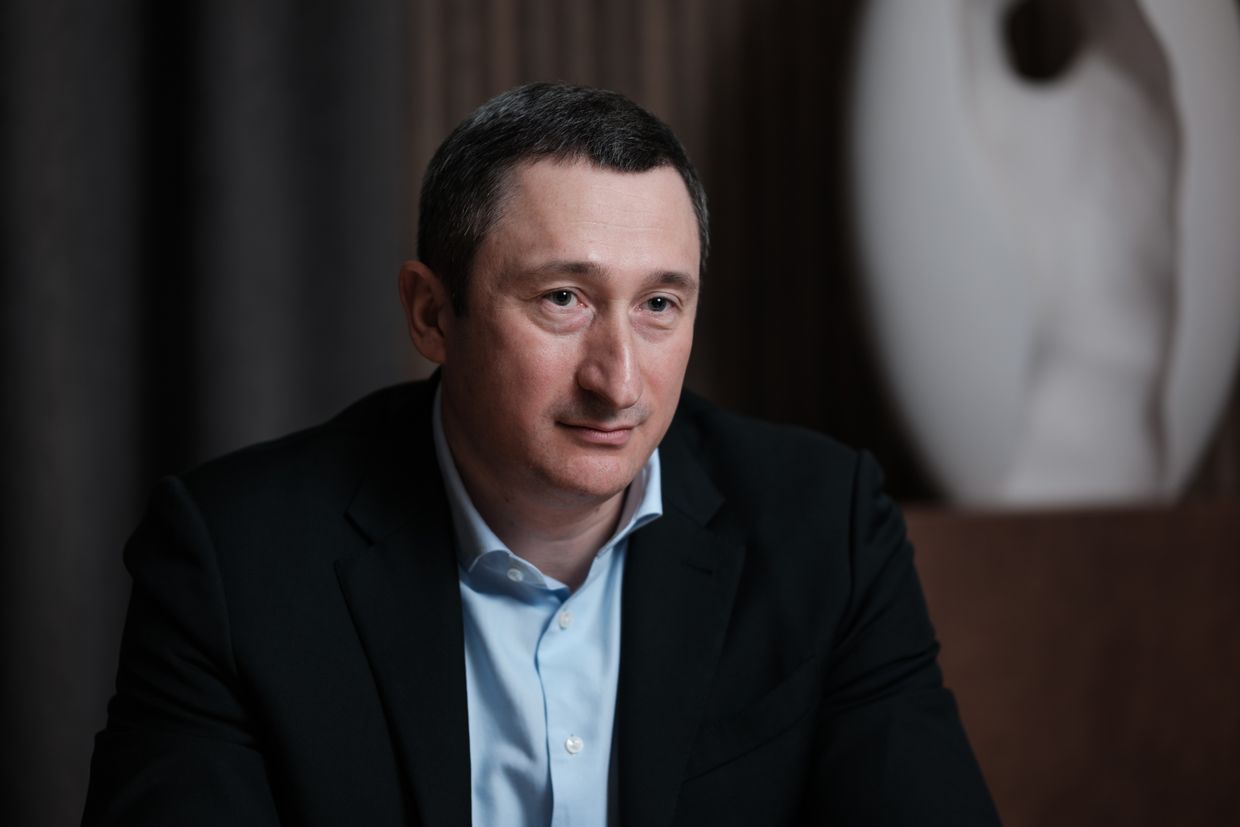

On the same day, Daniel Dobbeni (independent member and supervisory board chair) and Peder Andreasen (independent member) announced that they had filed their resignation notices.
According to the fifth review of the four-year Extended Fund Facility (EFF) Arrangement between Ukraine and the IMF, the full supervisory board of Ukrenergo must be re-established by end-December 2024. This is a conditionality for Ukraine’s access to about $1.1 billion under the IMF program.
As we wrote in Issue 148, on Sept. 20, the Energy Ministry in its capacity as Ukrenergo’s general shareholders meeting decided to hold a competitive selection for three independent members of the company’s supervisory board. The fourth independent member would be elected in parallel under a previously launched procedure.
The selection of all board members — four independent and three state representatives — was scheduled to be completed by Dec. 9.
There has been no news yet on the selection or appointment of the state representatives.
The first and primary task of the new supervisory board will be to conduct a transparent competitive CEO selection, Ukraine’s Energy Minister Herman Halushchenko said.
Banks
The law retroactively increasing the 2024 income tax for banks to 50% comes into effect. On Nov. 28, President Zelensky signed Draft Law No. 11416-d increasing taxes to finance the state budget. The law was published on Nov. 30 and became effective on Dec. 1.
As we wrote in Issue 149, the Verkhovna Rada — Ukraine's Parliament — passed Draft Law No. 11416-d on Oct. 10, including a provision to increase the income tax for banks from 25% to 50% in 2024.
This is not the first time the Rada has raised banks’ income taxes to 50% retroactively. In 2023, parliament also passed a law introducing a windfall income tax of 50%, applied for 2023. Prior to this, the income tax rate was 18%, and from Jan. 1, 2024, it was set at 25%. See Issue 113 for more detail.
As we wrote in Issue 155, Ukrainian banks posted cumulative net profits of Hr 117.63 billion (around $2 billion) in January-September 2024. With the new law now in effect, Ukrainian banks will pay Hr 58.82 billion (around $1.3 billion) in income taxes for this period alone.
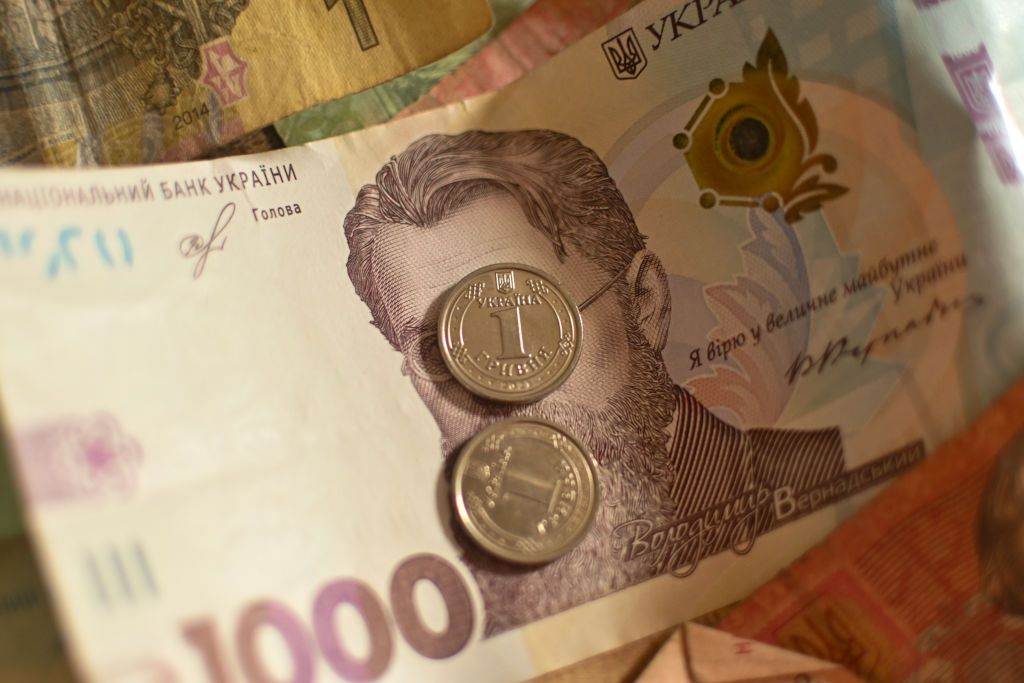

Energy sector
Ukrainian energy infrastructure struck again. On Nov. 28, Ukraine’s Energy Minister Herman Halushchenko reported that Russia had launched another massive missile and drone attack on energy facilities all over Ukraine.
This was the second massive attack in November and eleventh since the beginning of the year, the Energy Ministry added.
Russia’s attack came during the night and morning of Nov. 28 and was characterized by the use of combined weapons, Ukraine’s Air Force said. Russia launched 188 aerial weapons, with Ukraine’s air defense downing 79 missiles and 35 drones.
Later, Ukrenergo confirmed damage to energy facilities in several oblasts.
Due to the attacks, the company was forced to introduce emergency power outages in several regions. The outages were cancelled later that day, but Ukrenergo was forced to tighten its hourly outage schedules the following days.
According to the International Atomic Energy Agency (IAEA), Khmelnytskyi, Rivne, and South Ukraine nuclear power plants (NPPs) were forced to lower their power levels as a precautionary step for a second time in less than two weeks. In addition, one reactor at Rivne NPP was disconnected from the grid.
From March 22 to Nov. 17, Ukraine faced eight massive missile and drone strikes on electricity facilities. See our Issues 124, 125, 127, 129, 131, 134, 145, and 154 for more detail.
After every Russian attack on Ukraine’s vital infrastructure, emergency outages take place, lasting for days due to the ongoing repair works. During such outages, people in Ukraine are often left without electricity, heating, water supply, or access to mobile phone networks.
Naftogaz Group also reported that Russia attacked its facilities. No one was injured, and the attack would not affect the provision of services to Ukrainian customers, the company said.
See our Issues 125, 127, 129, and 131 on previous Russian attacks on underground gas storages.
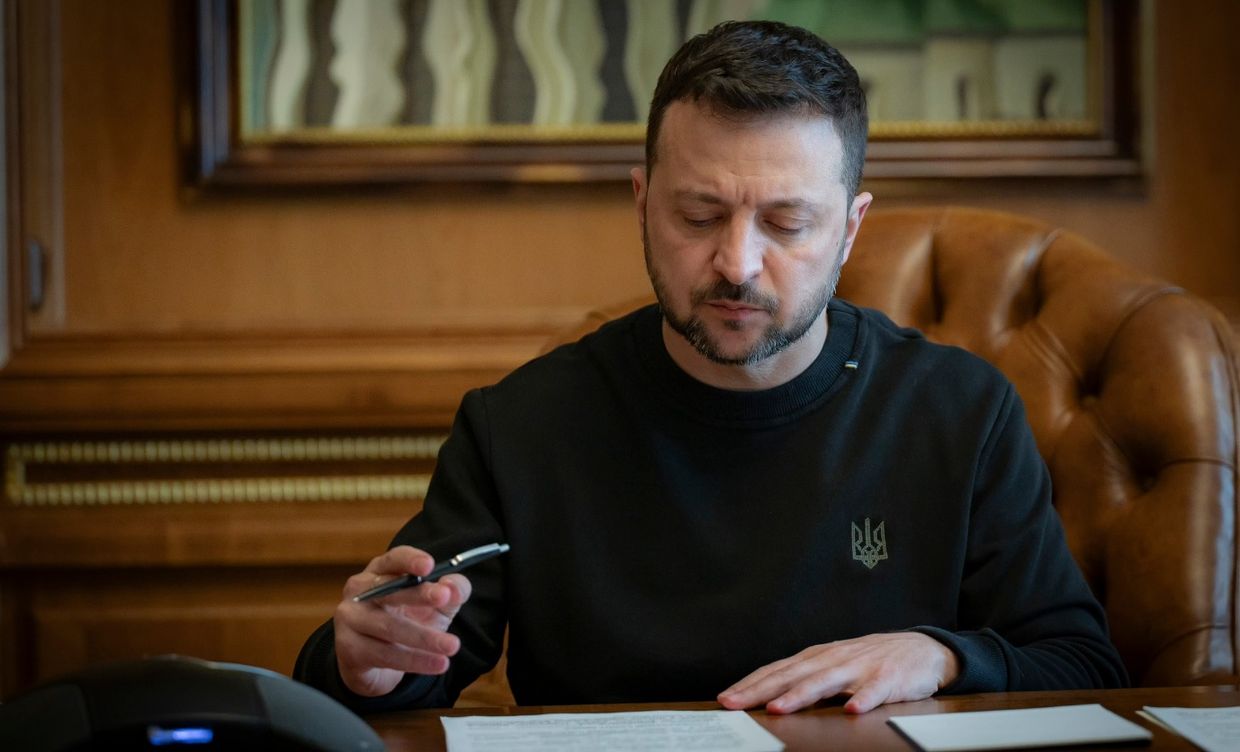

Privatization
Krippa receives final approval for the purchase of Hotel Ukraina. On Nov. 28, the Antimonopoly Committee of Ukraine (AMCU) announced that it had granted Ola Fine LLC, the winner of the privatization auction, approval to acquire control over the hotel.
Per the sale and purchase agreement, the ownership rights over the asset are transferred to the new owner after the AMCU’s clearance. At the same time, the 1.51-hectare land plot, on which the hotel is located, is not subject to sale and purchase, liga.net added.
As we wrote in Issue 148, the State Property Fund of Ukraine (SPFU) sold Kyiv’s four-star Hotel Ukraina l for Hr 2.5 billion ($59 million) on Sept. 18. According to the SPFU, the hotel has 363 rooms, six conference halls, meeting rooms, a shelter with a separate auditorium for events seating 50 people, and a parking lot for 80 cars.
Ola Fine LLC is owned by businessman Maksym Krippa.
As we reported in Issue 148, Krippa, a businessman who avoids publicity, became famous in 2022 when Forbes Ukraine wrote that he had acquired a major Ukrainian e-sports brand, the NAVI team. Later, the businessman’s representatives confirmed that the deal was concluded back in 2018.
Krippa also owns Maincast e-sports broadcasting studio. In 2023, he acquired GSC Game World, a company that developed the S.T.A.L.K.E.R. cyber game. Krippa had also bought the Brovary Wholesale Market back in 2009.
Krippa has recently started buying up significant real estate properties in Kyiv. He purchased Dnipro Hotel in Kyiv, located near Ukraine Hotel, in 2020, and the Parus Business Centre, previously owned by businessman and former MP Vadym Stolar, in 2023.
See more on Krippa in Issue 148.
As we wrote in Issue 154, Ola Fine LLC had fully paid Hr 2.5 billion ($59 million) for the hotel itself and Hr 502 million ($12 million) in VAT.
Ukrainian SOE Weekly is an independent weekly digest based on a compilation of the most important news related to state-owned enterprises (SOEs) and state-owned banks in Ukraine.
The contents of this publication are the sole responsibility of the editorial team of the Ukrainian SOE Weekly.
The SOE Weekly is produced and financed by Andriy Boytsun. Communications support is provided and financed by CFC Big Ideas. The SOE Weekly is not financed or influenced by any external party.
Editorial team: Andriy Boytsun, Oleksiy Pavlysh, Dmytro Yablonovskyi, and Oleksandr Lysenko.
